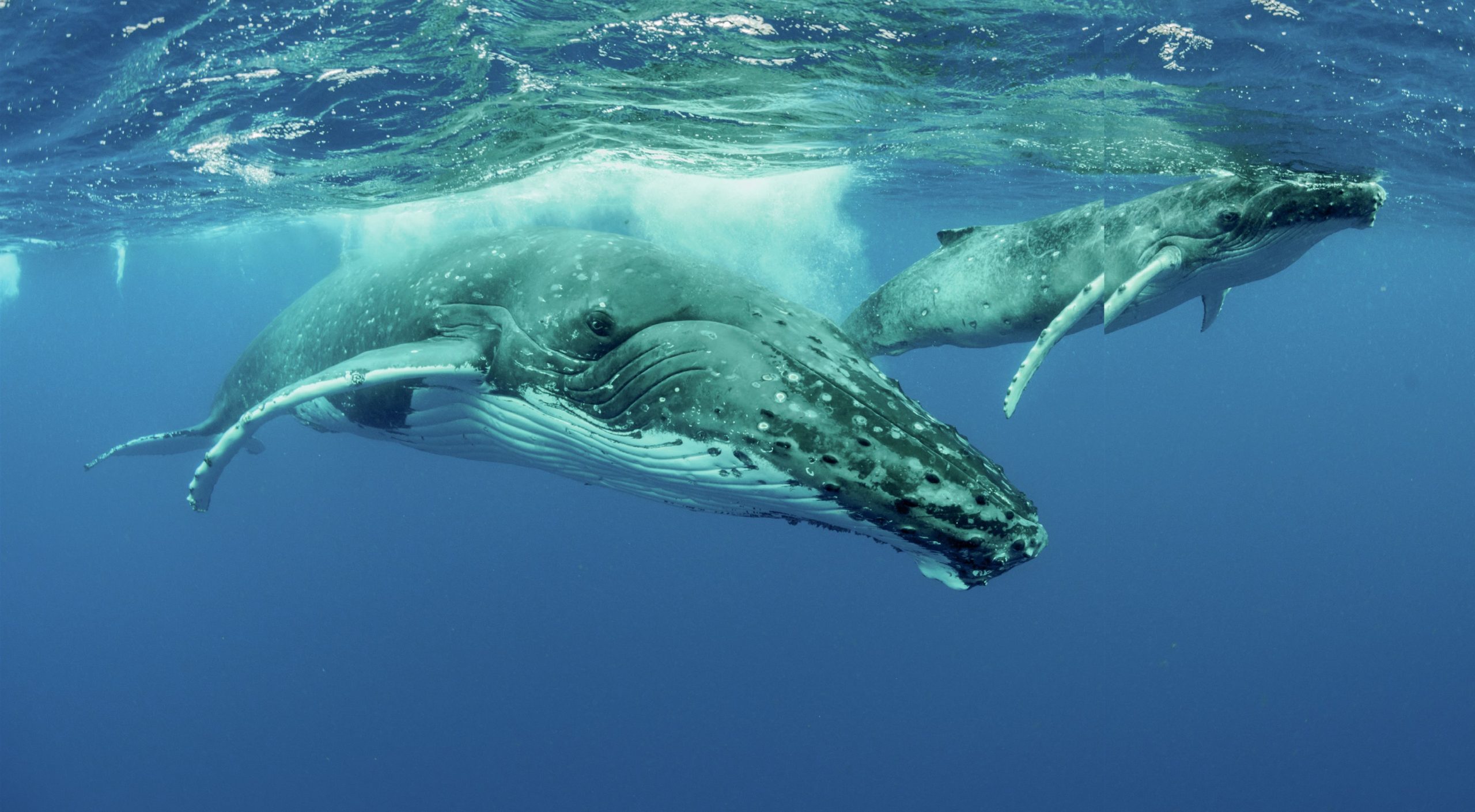
Attempts to manage the number of whales taken from the oceans formed one of the earliest examples of global governance in the modern era. This article explains how the world’s nations have sought to achieve a balance between catching whales and conserving them.
Unlike the foci of many global governance arrangements (for example, migrants and illegal drugs), whales move completely unimpeded across and beyond the political borders of nations. Meanwhile, most countries today regard killing whales as unethical. They do so in a context where whales are not perceived as a strategic resource by most nations, with few nations actually killing whales any more. As we will see, these long-standing facts help to explain the conservation successes of whaling governance in the twenty-first century, despite some ongoing challenges.
Your organisation does not have access to this article.
Sign up today to give your students the edge they need to achieve their best grades with subject expertise
Subscribe




